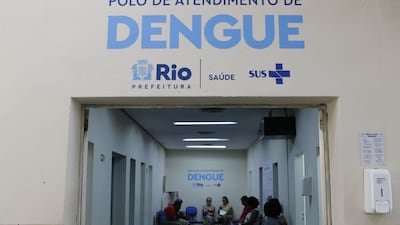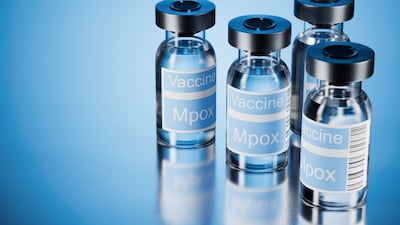
International

The move towards greater regulatory collaboration is a positive step for gene therapy developers, Astellas’ gene therapy strategy lead Richard Wilson says – adding, however, that pharma still needed to understand the Asian markets better.

The Pink Sheet highlights recent comments and insights from pharma officials and executives on key issues we are covering.

Meeting the regulatory gold standard for drug candidates in ultra-rare diseases can be impractical, a regulatory expert says, but greater collaboration and shared insights from regulatory reviews could help find a viable path forward.

Decentralized manufacturing methods for cell and gene therapies will be critical for improving patient access to treatments, but sponsors must prepare to demonstrate “comparability” with centralized manufacturing.

An examination of the global implementation of guidelines from the International Council for Harmonisation by regulators has yielded positive outcomes.

Europe Must Turn To Science Diplomacy With Developing Countries To Counter Tomorrow’s Health Threats
Public-private partnerships can help industry better understand neglected diseases and develop potential treatments.

Having its own priority review vouchers could serve as an important pull incentive for neglected disease R&D in Europe, although the unpredictable nature of the vouchers may deter some investors.

The US FDA Commissioner pushed for rebalancing the US’s pharmaceutical supply chains while also stressing that US-China commerce has a role that would be risky to compromise.

US and EU regulators have invited two companies to work with them on a pilot scheme for assessing drugs for rare genetic diseases, a move that the European Medicines Agency’s Emer Cooke said would help improve “global alignment.”

The ISRCTN clinical trials registry has launched an improved dashboard to provide metrics that reveal how many studies are complying with key transparency requirements. Badges are in place for individual studies meeting the transparency criteria.

Patient centricity, diversity, innovation and transparency are key topics in the World Health Organization’s new guidance that recommends best practices for clinical trials and complements existing international guidance in this area.

The EU’s public-private Trials@Home Consortium examined what it would take to develop the fully integrated, unified digital platforms needed to enhance the implementation of decentralized clinical trials.

European pharmaceutical industry group, EFPIA, says it is committed to supporting clinical trial transparency, but wants greater clarity on how disclosed data are effectively contributing to public health improvements so that investments can be prioritized in areas providing the greatest benefit.

With the BIOSECURE Act halfway to congressional approval, stakeholders are pushing for a financial boost to ensure the US gains the business Chinese companies will lose, but that may be a big lift.

The Democratic Republic of Congo, the country worst hit by the mpox crisis, has now received the first batch of vaccines for the disease. Meanwhile, the World Health Organization is expected to complete its review for emergency use listing of mpox vaccines soon.

The World Health Organization says its new 98-page guidance dealing with wastewater and solid waste management for antibiotic manufacturing is a first of its kind and addresses an important but neglected issue.

The deadline is nearing for pharmacopoeias to express their interest in joining the decades-old discussion group that works to harmonize excipient monographs and general chapters and reduce the burden on manufacturers to perform analytical procedures in different ways depending on the jurisdiction.

With concern over the mpox health emergency continuing to build, the Medicines Patent Pool has offered its services to play a part in the global response.

AI modeling can predict which animal tests are useful and necessary, saving money for companies and meeting objectives set by regulators in the US and EU, VeriSIM Life’s CEO and founder Jo Varshney tells the Pink Sheet.

Newly published guidance that for the time first details how to use pediatric extrapolation and aims to decrease variations in regulatory expectations globally is now ready for implementation around the world.